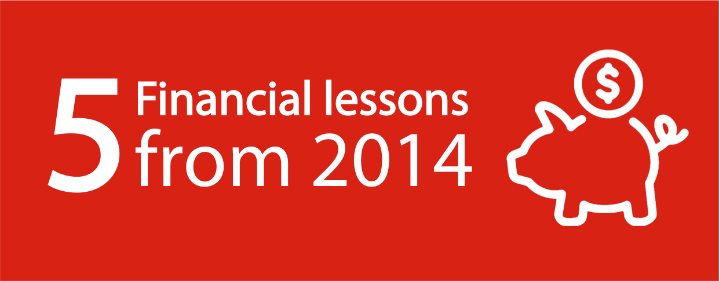When it comes to debt management you need to have some contingency plans in place for those unexpected and uncontrollable circumstances that can put a strain on your cash flow.
To best plan for the unforeseeable future, we look to the past and identify trends that may recur in the future:
Fuelling Up
Looking back at 2014, we saw the price of fuel rise to an all-time high. Placing major strain on consumers and businesses alike. After a hefty fuel price reprieve earlier this year we experienced sharp increases, with a dip in price predicted for the month of May. With the rollercoaster-like nature of petrol prices we have learned to plan for unpredictability, especially when covering long distances on a regular basis.
Banking Bull
After a handful of near-disastrous outcomes regarding banking organisations last year many have lost faith in the banking system. The affected credit ratings of all banks has resulted in less favourable lending terms, making it harder to meet payment obligations and less likely access a new loans.
Rising Repos
In 2014, South Africans had to deal with two increases in repo rate throughout the year. This directly affected consumer debt and bond repayments. More people were pushed to apply for loans to absorb the rise in repayments due to the limited disposable income that was being depleted at a faster rate. Having provisioned an extra budget would not go unhurt if this were to repeat in 2015.
Unemployment Issues
2014 also saw an increase in the unemployment rate. This means that more people are unable to meet their financial obligations and will most likely turn to the already strained State for support. This, coupled with the striking in major economic sectors, causes a knock-on effect that negatively impacts the financial well-being of South Africans. Making provisions for a volatile market is crucial to avoid falling into a downward debt spiral.
Development Damper
South Africa’s high levels of indebtedness, along with other factors such as consumer affordability and rising interest rates, saw the downgrading of the country’s credit rating in 2014 by Moody’s Investors Service and other major ratings agencies. This makes it more difficult to attract foreign investment and will likely lead to further weakening of the Rand.
Negative developments such as this cause debt to rise as well as an increase in the cost of borrowing.
The only constant in life is change, therefore it’s important that you start saving as soon as possible to build up an adequate cash reserve that can bail you out of tough financial situations without plunging you into debt. In need of financial advice?
I can help you out, let’s get in touch!

